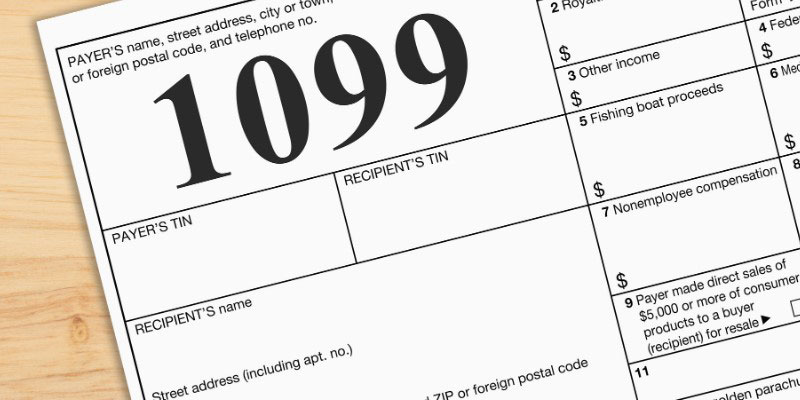How to Find out Your Retirement Number
Nov 24, 2023 By Triston Martin
You're in the minority if you've calculated how much you'll need to be saved up for a comfortable retirement. The Transamerica Center for Retirement Studies reports that hardly one in ten persons do this.
Perhaps that's why sixty percent or less of the typical American's pre-retirement income is only projected to be replaced in retirement. There is widespread consensus among financial advisors that retirees need to replenish 80 percent or more of their income.
It's recommended that someone with a peak income of $80,000 per year put away enough money for retirement to provide an income of at least $64,000 per year. Savings of at least $2.1 million would be required to produce a yearly payout from an investment like an annuity that provides a 3 percent annual return.
Estimate Your Retirement Income

To keep living at the same standard as before retirement, the typical retiree will require roughly 80% of their pre-retirement income. In other words, you'll need around $80,000 a year after retirement if you and your spouse are now making $100,000 a year together.
This isn't ideal, so feel free to increase or decrease the proportion needed to achieve your aims. If you've been a saver throughout your life and want to reduce both your property and your lifestyle after retirement, you may find that you can get by on far less than 80% of your income.
But if you want to take more trips, buy more expensive gifts for your grandchildren, and indulge in pricey pastimes, you might want to go for more than 80%.
Estimate Other Income

The bright side is that you probably won't have to rely solely on your retirement funds once you've stopped working. Most U.S. citizens over 62 get Social Security, and many also have pensions from current or past employers.
It's hard to predict how much money you'll make between now and retirement, so figuring out how much Social Security you'll get is a complex and challenging process.
If you sign up for an account on www.ssa.gov and check out your most recent Social Security statement, however, you can clearly indicate what to expect. If you have a pension plan, you can often use a retirement income calculator through the plan's website.
Calculate Your Retirement Savings Needs
This is the simple part, so here it is. It's easy to determine how much of an annual income you'll need to create from your retirement savings by estimating your required total payment in retirement and then subtracting any additional sources of retirement income.
Thus, if you and your spouse anticipate $35,000 annually between Social Security and pensions in retirement, you will need $45,000 from savings to meet your annual expenses.
Estimate Your Savings Needs
The 4% retirement withdrawal rule states that retirees can safely spend 4% of their funds in the first year of retirement and adjust their spending for inflation in the following years. Despite its flaws, a 4-month rule helps estimate your savings target.
To use the control, double your pre-step estimate of your requirement for savings-based income by 25. A yearly withdrawal of $45,000 from savings would need a savings goal of $1,125,000.
Account For Rising Prices
We still have some work to do. What you've just computed is your 2017 dollar savings goal. Even if you're still ten years or more away from retirement, a million dollars in 2017 won't buy as much as it would ten years ago.
Although it is impossible to predict the annual inflation rate in the future, a long-term inflation rate of roughly 3% per year is a fair forecast based on previous data. Using the 3% inflation estimate, adjust your savings target for inflation by multiplying 1.03 by the power of the number of years before retirement
To calculate inflation, multiply this number by the inflation factor. Please find below several inflation multipliers considering the years till retirement.
As an Example
First, let's look at a sample to see how this works. So, you make $75,000 a year and want to spend $80,000 each year in retirement. You're now 45 years old and hope to retire by age 65. Let's assume you expect $20,000 annually from Social Security and another $10,000 from a pension plan from a previous employer.
Thus, $30,000 a year is required from your funds. Using the 4% rule, you might determine that you need to save $750,000 in today's money to retire comfortably. You need to increase this sum by 1.81 if you want to retire in 20 years, which is your projected retirement age.
Consequently, if you want to bed with the standard of living you envision, you'll need to save around $1.36 million by the end of the 20 years.





